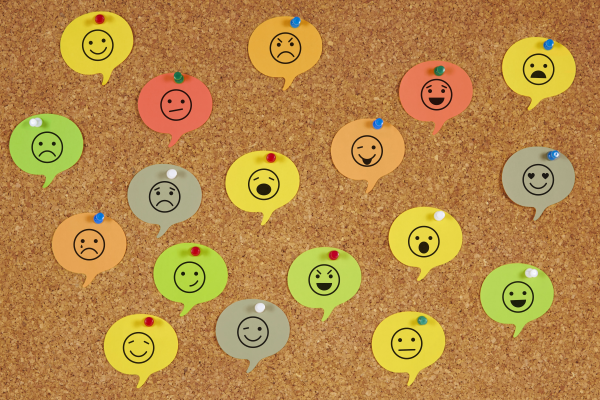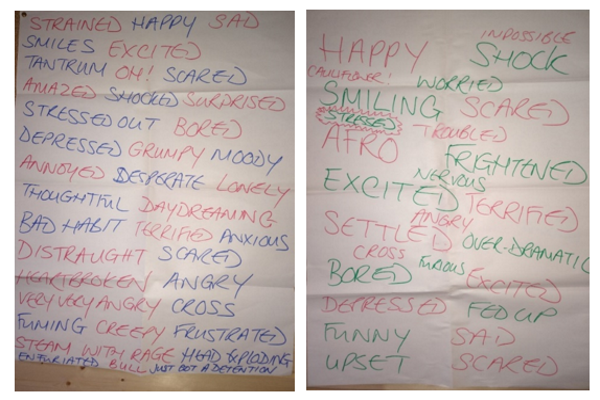Gareth D Morewood reminds us of the importance of having simple strategies to manage stress and create a low arousal culture in schools.

Towards the end of the last year I was fortunate to deliver some workshops on stress and wellbeing to two groups of young people organised by the charity Parenting Special Children. This was a truly empowering experience with a range of young people and their families attending two separate evening sessions.
Our aim was to explore ideas around stress and coping mechanisms and to think about practical things we could do.
The groups were made up of a variety of young people of different ages with different circumstances, and I was struck by the number not attending school at that time. I think there is much more for me to consider regarding this, however for the purpose of this post I feel that this is useful context.
I think it’s important to say that young people know more about stress and coping than I think we realise.
After simply showing the images below, the groups talked about what they thought the young people were feeling.

Examples of the images used at the workshop.
The feelings and emotions the young people identified were then written onto two sheets of flip-chart paper. What struck me was how sophisticated the language was, from the youngest participants to the oldest, the powerful words and expressions were flowing.

As you can see, young people were good at using the word ‘stressed’ and identifying different emotions and feelings.
Whilst the aim of this activity was to highlight that the way a person looks doesn't doesn’t always tell us the true story regarding their emotions and feelings, I was particularly interested in the fact that the young people were comfortable using the language of stress. I think this is quite significant.
I think it is also worth reminding ourselves of the young man who identified origami as his flow activity and made this for me during the workshop. He was totally in the moment making several paper animals, but also listening closely and answering questions with fantastic insights.
Actively teaching young people about stress, coping mechanisms and flow can have a significant impact. In my experience it seems that young people really do ‘get this’.
Do we?
Previously I have written about why understanding our own stress matters.
After these workshops with young people I am even more aware of how important it is for proactive plans and supports, framed as part of positive discussions regarding stress and coping.
This also reminded me of a film we made as part of Optimus’ Successful Classroom Partnerships training pack eight years ago. In this film, Megan talks about how she used a visual support to support her at times of crisis. How we as a whole-school team, calmly implemented the simple strategy of her accessing the ‘blue chair’ as a strategy. This is what we could term ‘planned escape’.
You can watch the original interview below.
You can listen to me describe this precise scenario in two short films produced for the new LASER programme developed by Studio III:
Having simple strategies that are implemented in a calm and consistent manner is a core part of creating a low arousal culture in educational settings.
These real examples help to demonstrate what can be possible with good leadership, a clear understanding of specific need and pro-active approaches.
Want to review, improve and celebrate SEND provision in your school? The SEND Inclusion Award gives you the opportunity to demonstrate outstanding provision in six areas.
Find out more at oego.co/SENDIA